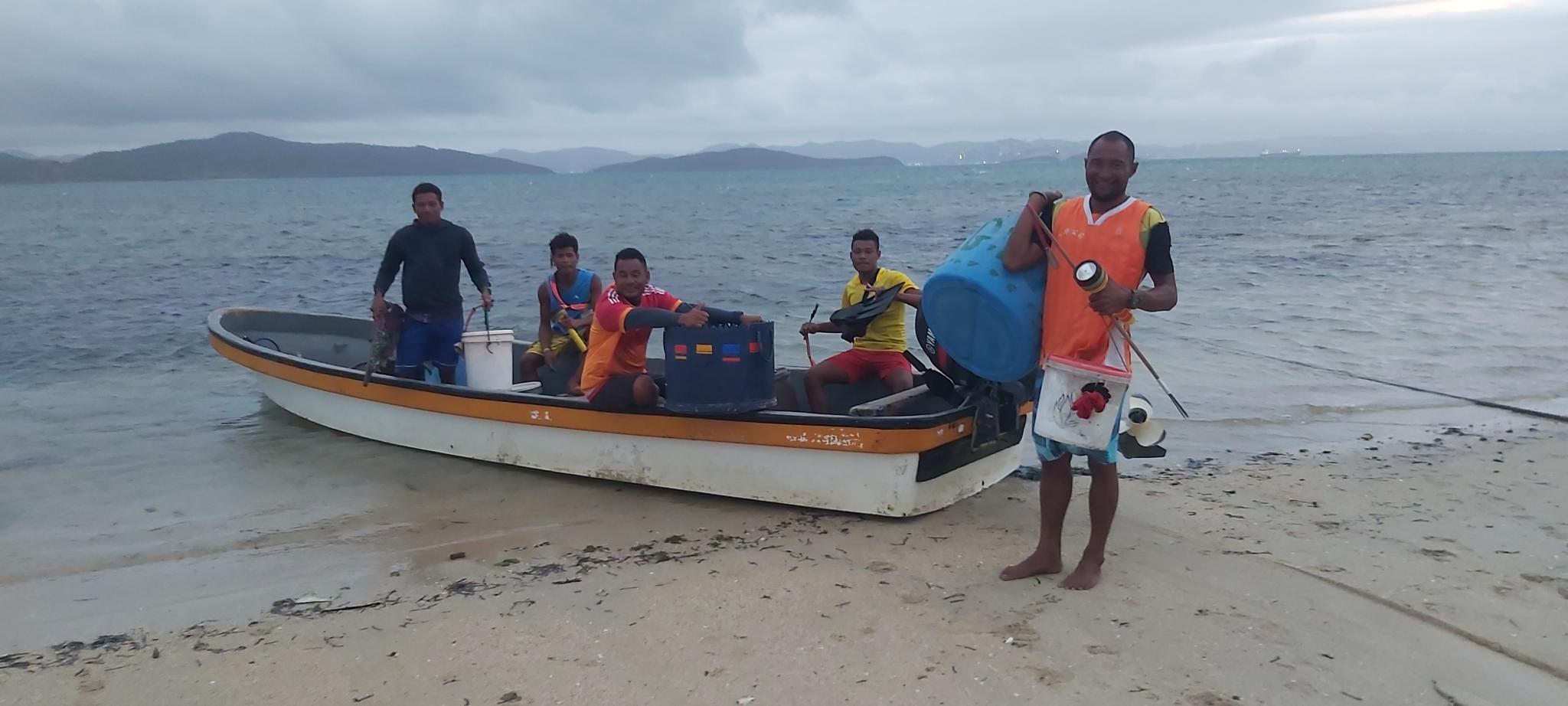Join Keimelo Gima to explore the recent experiences of a few Papua New Guineans in the labour mobility schemes.
Please note that this is a hybrid event. For online attendance please sign up to obtain the Zoom link. Access link will be delivered via email upon registration.
Although Papua New Guinea contributes only 1,960 out of 30,805 workers to the Pacific Australia Labour Mobility (PALM) scheme and 640 out of 17,599 workers to New Zealand’s Recognised Seasonal Employer (RSE) scheme, remittance of the much-needed Australian and New Zealand dollar substantially aids recipients' families. This research will focus on the experiences of a small sample of Papua New Guineans from Moukele (also known as Fisherman’s Island or Daugo, located 30 kilometres south of Port Moresby) who have been successful in labour mobility schemes. The study documents the working lives of 16 men and women from Moukele who were employed under the PALM and RSE schemes since 2016. Keimelo presents an analysis of both the short- and long-term benefits of being engaged in this endeavour and the associated complexities of being a so-called ‘nobody to somebody.’ While critics of labour recruitment schemes are quick to use labels such as ‘modern-day blackbirding’ or ‘slavery’, in this case, the lived realities and reflections of the Moukele people illustrate a successful narrative.
Speaker
Keimelo Gima is an academic at the University of Papua New Guinea’s School of Humanities and Social Science. He has taught courses on PNG’s labour history, colonisation and nation building, and development in the global economy. As a PNG historian he has been involved in writing and marking the country’s national grade 12 history exams for the last 15 years and has collaborated on various projects with Deakin University including Voices from the War and the digitisation of PNG House of Assembly records. He is currently engaged as a co-investigator on the Revitalising the PNG Dictionary Project with DPA.
